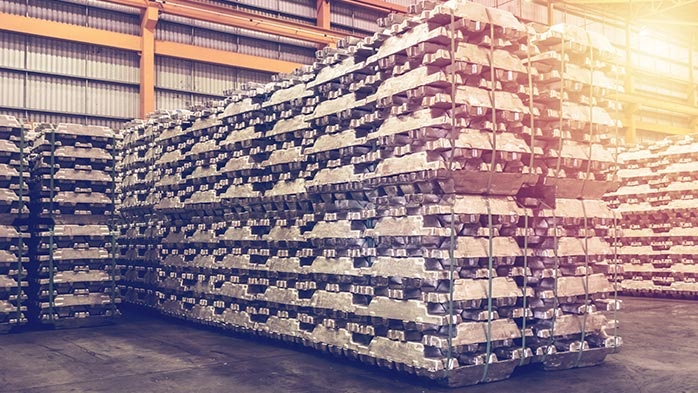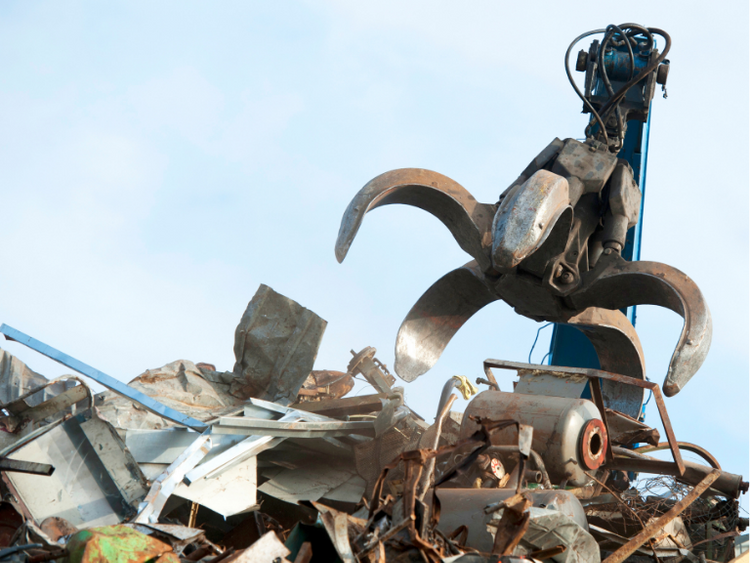Market

July 30, 2024
Aboud: Do the latest aluminum tariffs go far enough?
Written by Matt Aboud
Aluminum has received a lot of attention in Washington, D.C. over the past few years. Politicians have realized that aluminum is a critical mineral to our country’s infrastructure and national defense and is also a key enabler to the green energy transition away from fossil fuels.
Aluminum’s entrance into modern day politics started with President Trump’s Section 232 duties, which have been reinforced and even strengthened under President Biden. While Section 232 is undoubtedly a broad tool that initially covered aluminum imports from allied countries, over the years several exemptions and exclusions have been granted to enable a well-functioning market.
However, once a duty or tariff is created, some individuals will always try to find ways to circumvent it.
Today, the problem is most acute in Mexico. For 30 years, the United States has had a free trade agreement with Mexico, initially through NAFTA and now as part of USMCA. This allowed, and even encouraged, U.S.-based companies to stretch their supply chains south of the border to take advantage of the lower-cost manufacturing environment.
Many aluminum extruders have operations in the U.S. and Mexico. Much of aluminum cast wheels are now produced in Mexico. Aluminum Dynamics is constructing a slab casting plant in the country to feed its new U.S. rolling mills. These are just some examples, and it should be expected that there is a vibrant flow of business across the border. But for some time, the U.S. has witnessed a surge in imports from Mexico across several product categories that are concerning.
It has been alleged by many U.S. market participants that Mexican producers are profiting by purchasing highly subsidized (and often with a high carbon footprint) foreign metal from places like China, Russia, India and the Middle East and converting it into finished and semi-finished goods and selling them into the U.S. at below market prices. The net result is the loss of manufacturing business by U.S. producers, the generation of less scrap, the loss of profits and potentially the loss of jobs.
The U.S. government took notice of this and recently took steps to stem the flow. Earlier this year the U.S. ITC (International Trade Commission) made a positive determination in both a countervailing duty and anti-dumping case for aluminum extrusions. The result of this finding is a preliminary total duty rate between 11%-15% on average for the Mexican companies in the scope of the investigation.
According to the filings, over 220 million pounds of extrusions were imported from Mexico in 2022 and have been increasing since. Assuming a 25% scrap rate, this would have resulted in more than 50 million pounds of new production scrap that otherwise would have been generated in the U.S. It remains to be seen whether this low level of duty is enough to prevent the dumping activities.
As a further step, on July 10, President Biden amended Section 232 tariffs by instituting a “smelted and cast” provision on Mexican imports that targets primary metal inputs from China, Russia, Belarus and Iran. Therefore, in order to avoid the Section 232 tariff of 10%, imports from Mexico must have a certificate of analysis that identifies the country of smelt or most recent cast is not from China, Russia, Belarus or Iran.
Many U.S. market participants applauded this as a good first step, but clearly this action was targeting a specific group of countries and didn’t address the numerous other countries that are importing primary metal into Mexico to effectively bypass the Section 232 tariffs.
Despite these trade actions, individuals are still finding ways to circumvent it. A quick survey of the publicly released results for aluminum companies in 2024 will reveal that the market is weak. High inflation and high interest rates have reduced demand for aluminum products. Mills are not running at full production and scrap generation is low.
In an environment like this, it would be helpful to bring that business home.
Editor’s note: The views, thoughts, and opinions expressed in the content above belong solely to the author and do not necessarily reflect the opinions and beliefs of Recycled Metals Update or its parent company, CRU Group.






